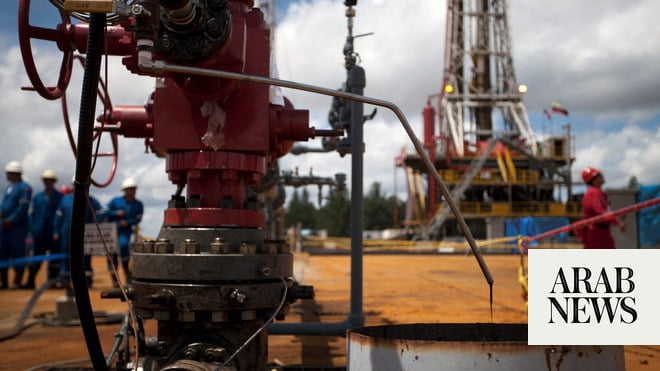
The world’s oil demand could climb at its fastest rate in the history of the market next year, and may reach pre-crisis levels within years, unless new green policies are adopted, according to the International Energy Agency (IEA).
The global energy watchdog has forecast that the world’s daily oil demand may climb by 5.7m barrels next year, the fastest annual climb on record, to an average of 97m barrels of oil a day in 2021.
The demand forecasts for next year fall short of levels recorded in 2019 because the record rebound will only partially offset the severe oil demand collapse triggered by the coronavirus pandemic, which is expected to erase an average of 8.1m barrels of oil a day from global demand during 2020.
But global oil demand could return to pre-crisis levels as soon as 2022 if governments avoid a major second wave of the coronavirus outbreak and restart the aviation industry, without putting in place new plans to accelerate clean energy investment.
The IEA’s latest oil report, used by many major economies to help shape their energy policies, casts doubt over claims by some that the coronavirus has already triggered a terminal decline for oil demand.
The IEA has warned that proactive government policies will still be needed to bring a peak to the world’s oil demand later this decade and help shift the world towards cleaner fuels.
Fatih Birol, the IEA’s executive director, said claims that the world had already reached peak oil were “overhyped”, and warned that it may fail to materialise unless governments accelerated clean energy investment as part of a green economic recovery plan.
“I want to repeat, video conferencing alone will not solve our energy and climate challenges. We need [the] right government policies,” Birol said. “A change in lifestyle will not bring us a peak and a decline in oil demand.”
Energy economists, including those at oil giant BP, believe the pandemic may hasten the peak and decline of oil consumption which was forecast for the second half of the 2020s.
BP has revised down its view of long-term oil demand and market prices for the next three decades significantly following the outbreak, triggering a $17bn downgrade to the value of its business on Monday.
The company said its average oil price forecast to 2050 has fallen from $75 to $55 a barrel because long-term oil demand would be lower than previously expected, meaning some of its exploration projects may prove uneconomic.












